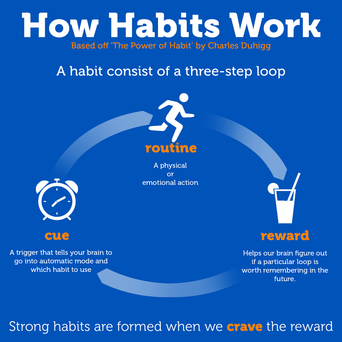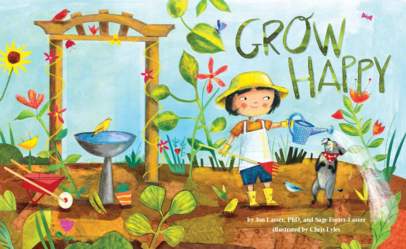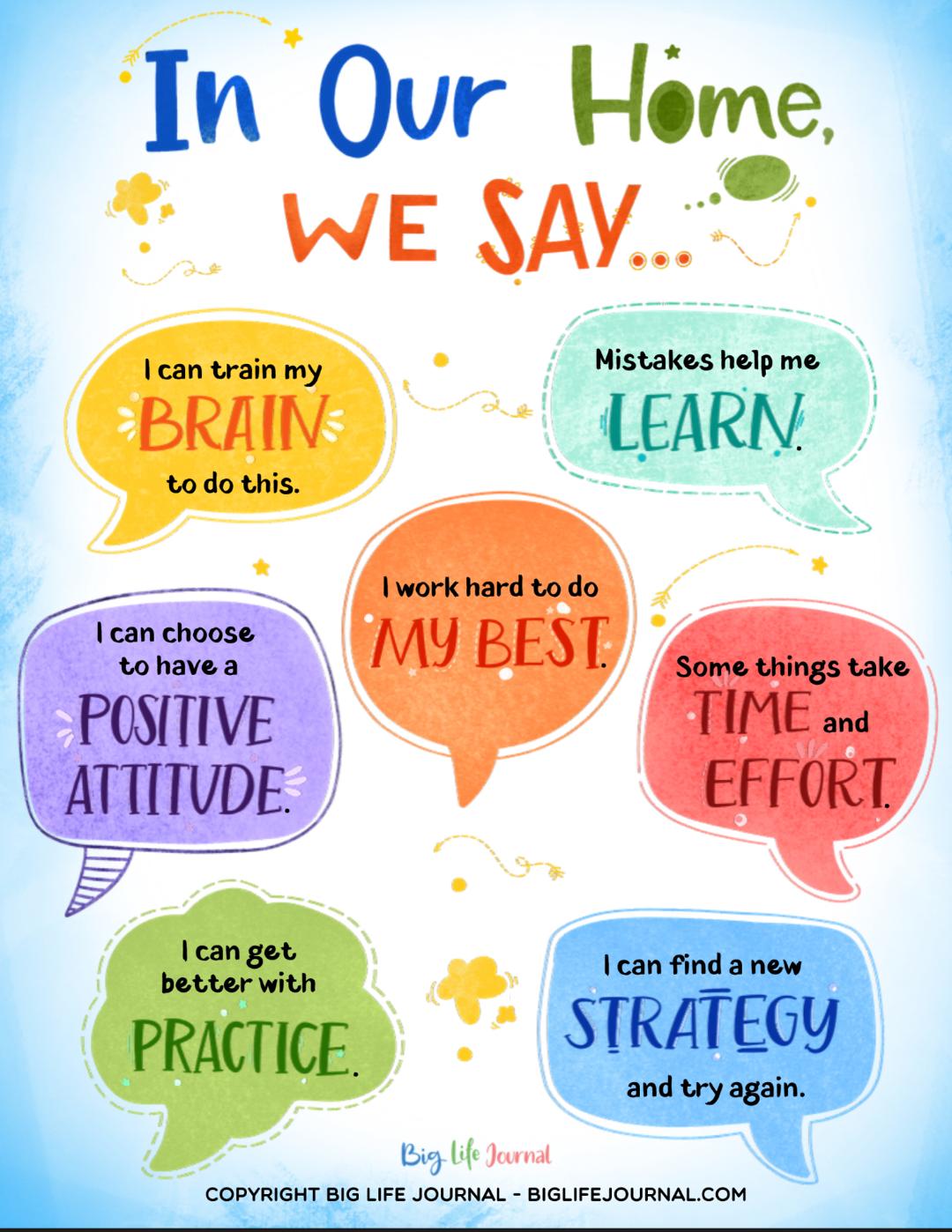|
It's the start of the new school year. Children have returned to school and piano lessons eager to learn. There really is no better time to get the piano practice rolling than right now. It's up to parents to establish and uphold the expectation that their child will practice as prescribed by the teacher to help their child develop a practice habit. If you, the parent, are inconsistent then your child will receive the message that actually, music practice is not important nor valued. Develop a practice habit I read a fantastic book earlier this year about how habits work. Habits are developed by our brain to make our life easier. For example brushing our teeth when we get up and when we go to bed. We don't need to think about this, we just do it and I'm sure it's something you're trying to develop in your child, with daily reminders necessary for years. To develop the piano practice habit you need to develop the same routine for your child.
Consistency is key Consistency with piano practice is key. If you are willing to be inconsistent, so too will the child. Every single child who has ever played music will have wanted to skip practice or complained about it, but if you want the end goal - joyful music making - you have to go through some pain. Elissa Milne says 'just as you don't give your child the option of not brushing their teeth, bathing, eating, dressing, in the same way practice is not optional. Even if you have to remind them daily for a decade. You are the parent. You make the rules. No one ever reached adulthood and said I wish my parents had stopped me learning the piano.' Schedule a practice time So, you're at the piano having scheduled the cue - the practice time. Now the real work begins of helping your child through the frustration that will inevitably come, as with any endeavour. Gary McPhearson a music education expert found that parents are the ones that quit. they get fed up with the battles. So what can you do when the going gets tough and the child doesn't want to do it?
You can provide structural support but you cannot make it grow. You want tomatoes but you can't focus on them. You have to focus on the environment. You have to create an environment where the plant can grow and thrive. In the same way you need to create favourable conditions at home, that will enhance and maybe accelerate their love and learning of music. How might you begin to create this environment? Here are some thoughts:
You're still going to get tantrums and problems. Christopher Fisher says 'when little people are overwhelmed by big emotions it's our job to share our calm, not join their chaos'. I love this. It's so easy to get caught up in it all rather than just be present with the child's emotions. Remember the key is to be calm and poised so that you can help your child.
when little people are overwhelmed by big emotions it's our job to share our calm, not join their chaos Takeaways A few things to take away from this post:
What strategies have you found that work? Share them below! Read the next post for practical strategies to apply to practice sessions.
1 Comment
Julie Cooper
14/9/2019 03:14:21 pm
Totally agree that setting up a favourable environment, scheduling practice, keeping it consistent, being calm when child is "not able to do it YET", are all great points for parents and when older, they *will* look back in gratitude that they weren't allowed to give up. Many helpful ideas for parents here from Surrey Music School.
Reply
Your comment will be posted after it is approved.
Leave a Reply. |
Caroline BlountDirector of Surrey Music School. Archives
January 2024
Categories
All
|
||||||||||




 RSS Feed
RSS Feed